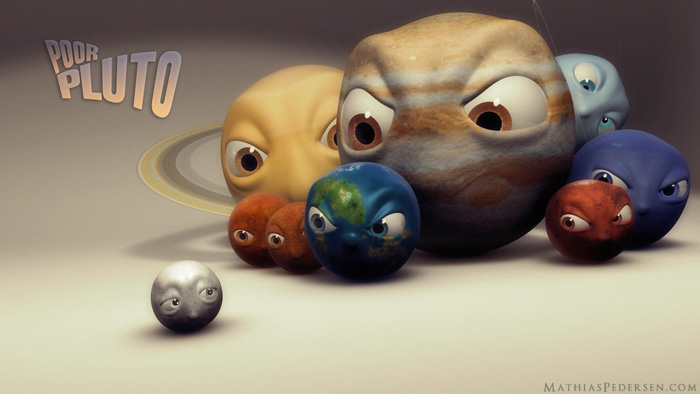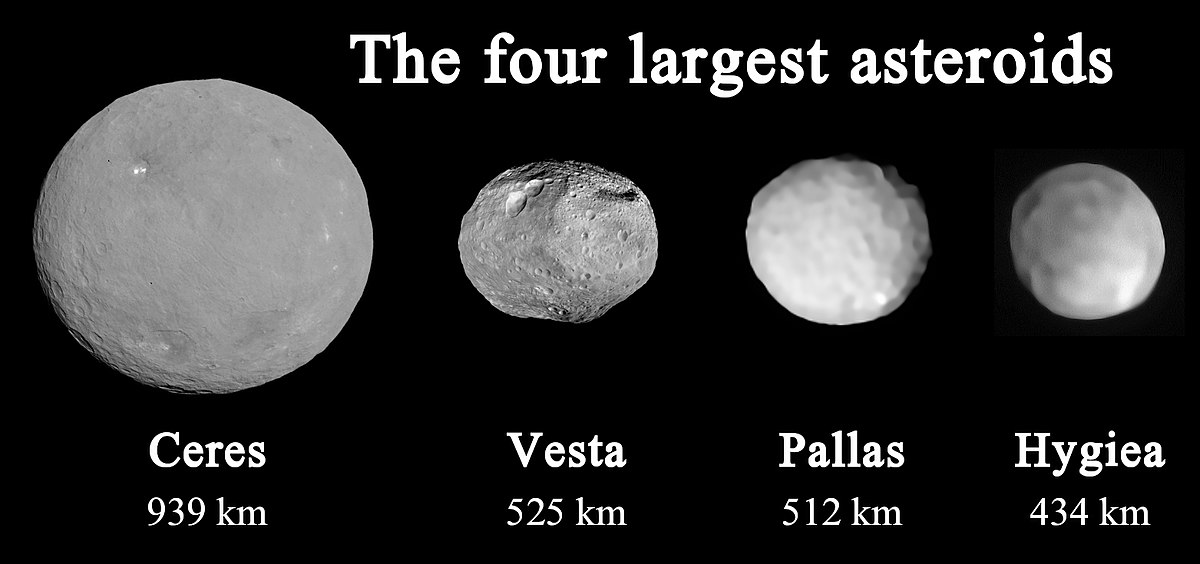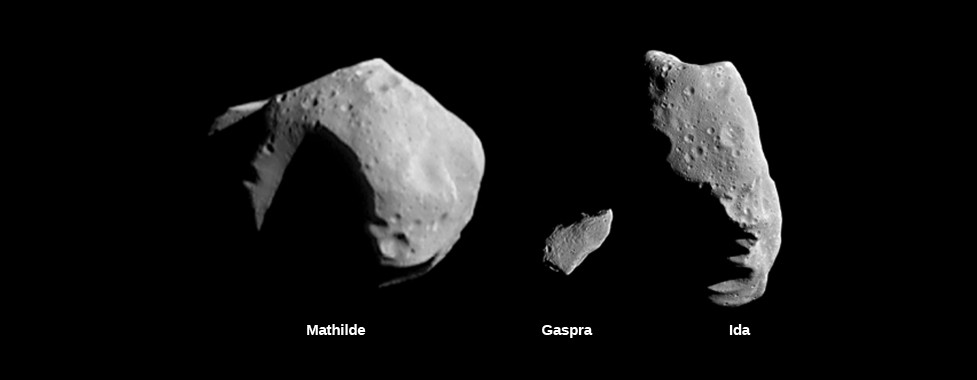THE SOUTHWORTH PLANETARIUM
70 Falmouth Street Portland,Maine 04103
(207) 780-4249 usm.maine.edu/planet
43.6667° N 70.2667° W
Altitude: 10 feet below sea level
Founded January 1970
2021-2022: XXXV
"I could be bounded in a nutshell and count myself a king of infinite space, were it not that I have bad dreams."
-Shakespeare
THE DAILY ASTRONOMER
Monday, October 25, 2021
Poor Pluto
____________________________
As a few people have brought this issue to my attention within the last week, I thought it best to address it in the DA today.
_____________________________

Astronomers are proud of their ability to predict future events with an astonishingly high degree of certainty, provided, of course, that any given event isn't exceedingly far in the future. All the same, leading members of the International Astronomical Union, the global body capable of exerting demi-divine dominion over all celestial matters, are perplexed and more than a little annoyed that the Pluto issue persists despite the lapse of fifteen Earth years. To this day, even quaint little planetarium directors like myself who will often be seen reclining comfortably within tree hollows while drawing on a fragrant pipe, are often made to answer the question, "Why isn't Pluto a planet, anymore?" Some who ask that question are mildly curious, others a bit distraught. Whenever presented with that query, I hasten to assure the interlocutor that, not being part of the IAU, I had no hand in the decision. Moreover, I say, had I been given the opportunity to participate in the deliberations, I would have been a steadfast proponent of Pluto's continued planetary status. I then explain the history.
August, 2006
A exquisitely beautiful summer month marred by the type of heart-wrenching grief that could wither even the heartiest souls. In August, 2006, the International Astronomical Union convened its 26th General Assembly in Prague. Ordinarily, IAU gatherings prove to be about as Earth-shattering as rose petals wafting down a canyon. That year, however, was different, because toward the conference's conclusion, they deliberated about Pluto's fate. Or, more correctly, they voted on resolution 5A, "Definition of a planet." As one can well imagine, this issue sucked so much oxygen out of the room that the other resolutions, such as # 3: "Re-definition of Barycentric Dynamical Time," or # 1 "Precession Theory and Definition of the Ecliptic," caused nary a quiver among the general populace.
The planet definition issue had remained unresolved for quite some time. In fact, defining a planet had become problematic ever since American astronomer Clyde Tombaugh (1906-1997) discovered Pluto in 1930. Although it was initially believed to have been responsible for the inexplicable perturbations in Neptune that prompted an all-out search for a planet beyond its orbit, Pluto was soon discovered to be far less massive than first calculated: too small to cause the "tugs." Also troublesome was its high inclination angle of 17 degrees. The other planets are aligned more or less around Earth's orbit, or ecliptic. With the exception of Mercury (inclination = 7 degrees), all the other planets have inclination angles less than 2.5 degrees. Pluto seemed to be quite an outlier.
Was Pluto really a planet, some wondered, or was it merely a glorified rock tumbling around the outer solar system? The controversy had precipitated so many pointless wars and shattered so many otherwise blissful marriages that the IAU felt compelled to adjudicate the matter. In August 2006, they settled the issue..or, at least, thought they did.
They re-defined "planet" and, in so doing, deprived Pluto of its coveted planet status. According to the new IAU guidelines, in order to be classified as a planet, a celestial body must meet three criteria:
First, that body must be moving along a Sun-centered (heliocentric) orbit. Millions of bodies, including asteroids and comets, meet this criterion. In fact, only moons of other worlds do not. The moon, for instance, cannot be considered a planet because its parent body is a planet.
Secondly, the body must be somewhat spherical. If a body is sufficiently massive, its own gravity will overwhelm its rigid structure and mold it into a spherical shape. The four largest asteroids appear somewhat spherical:

While most asteroids are irregularly shaped, such as those featured below:

The third criterion, however, is the tricky one. In order for a Sun-orbiting, spherical body to be considered a planet, it has to have been sufficiently massive to have drawn all nearby objects into itself. Pluto fails on this count owing to its proximity to the Kuiper Belt, a disc of cometary nuclei from which all short period comets, those with orbital periods equal to or less than 125 years, originate. Had Pluto been heftier, it would have incorporated many proximate objects into itself and cleared its debris field. It isn't heftier and it orbits around many small bodies within the Kuiper Belt, hence its demotion.
Or, at least, that was the conclusion of many IAU members who voted on the resolution. That vote, itself, turns out to be part of the story because only 450 astronomers, equivalent to 3.8 Happy Hours, were present for the vote: a minute fraction of the nearly 10,000 IAU members. While a statistician would insist that this group constituted a representative sample of the whole population, those of a more democratic bent might argue that Pluto's fate was decided by only a handful of astronomers. They say that it should have been voted on by all the members of the IAU -as well as planetarium directors. The other issue that rankled many pertained to nationalism. You see, Pluto was the only planet in our solar system discovered by an American!

And it was demoted by a deliberative body consisting largely of Europeans!

Hence, perhaps, the protracted continuation of a controversy that the IAU tried to settle more than a Jovian year ago. Although Pluto still bears the ignominy of its scarcely deserved demotion, its advocates aren't surrendering...at least not yet.
To subscribe or unsubscribe from the Daily Astronomer: